What to look for when buying a used phone
Date: 18th Apr 2023

Purchasing a used phone can be a budget-friendly way to get your hands on a quality device without breaking the bank. However, buying a used phone requires careful consideration to ensure you get a reliable device that meets your needs. Here are some essential factors to look for when buying a used phone:
- Condition and Physical Appearance: Examine the phone's physical condition. Look for scratches, dents, or cracks on the screen and body. Minor wear and tear are expected, but significant damage could indicate poor care or hidden issues.
- Age and Model: Consider the age of the phone and the specific model. Some older models may no longer receive software updates, affecting the phone's performance and security.
- Battery Health: Check the battery health of the device. Over time, smartphone batteries degrade, which can result in shorter battery life. If possible, ask for information about the battery's capacity or any recent replacements.
- IMEI or Serial Number: Request the phone's IMEI or serial number from the seller. Verify it through an online IMEI checker to ensure the phone is not reported as lost or stolen.
- Functional Testing: Test all the phone's functions, including the touchscreen, buttons, camera, speakers, and microphone. Make a call, send a text, and use various apps to check for any issues.
- Operating System and Software: Ensure that the phone's operating system is up to date and that it can run the apps and software you need. Older models may not support the latest apps or features.
- Network Compatibility: Confirm that the phone is compatible with your carrier's network. Some phones are locked to specific carriers, while others are unlocked and can be used with any carrier.
- Storage Capacity: Check the phone's storage capacity to ensure it meets your requirements. Remember that some Android phones may have expandable storage via a microSD card, while iPhones have fixed storage.
- Warranty and Support: Inquire about any remaining warranty or support from the manufacturer or seller. This can be valuable if issues arise after your purchase.
- Accessories and Documentation: Ask if the phone comes with any original accessories, such as chargers, headphones, or the original box. Also, check for any included documentation like manuals or warranty cards.
- Price Comparison: Research the market to compare prices for the same make and model of the phone in similar condition. If the price seems significantly lower than the market average, be cautious, as it may indicate a potential issue.
- Seller Reputation: If buying from an individual or online marketplace, review the seller's reputation and feedback. Trusted sellers with positive reviews are more likely to provide accurate descriptions and honest transactions.
- Payment Safety: When making a purchase, use secure payment methods like PayPal or other trusted platforms that offer buyer protection. Avoid paying with cash or wire transfers, especially for online transactions.
- Return Policy: Before finalizing the purchase, understand the seller's return policy. A reasonable return policy can provide peace of mind in case the phone has undisclosed issues.
By paying attention to these factors when buying a used phone, you can make an informed decision and increase the likelihood of acquiring a reliable device that suits your needs. Conducting thorough research and inspections will help you enjoy your new-to-you phone without unexpected surprises.

Posted by - Nikita
Status: Approved
18th Apr 2023
Recent Posts

Test Blog Title
1st Jan 2026

Top 5 Websites to Sell Your Used Phones in India
5th Aug 2024

Things to Consider While Buying Your Secondary Phone
5th Aug 2024

How to Maintain Your Used Phone
5th Aug 2024

When Should You Buy a Phone for Your Kid?
5th Aug 2024
Popular Posts

Things to Check Before Buying a Used Phone
4514 views

How to test a used phone before you buy it
4033 views
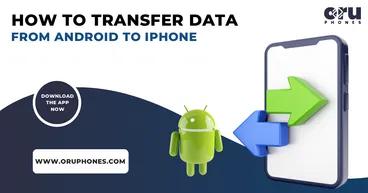
How to Transfer Data from Android to iPhone?
3160 views
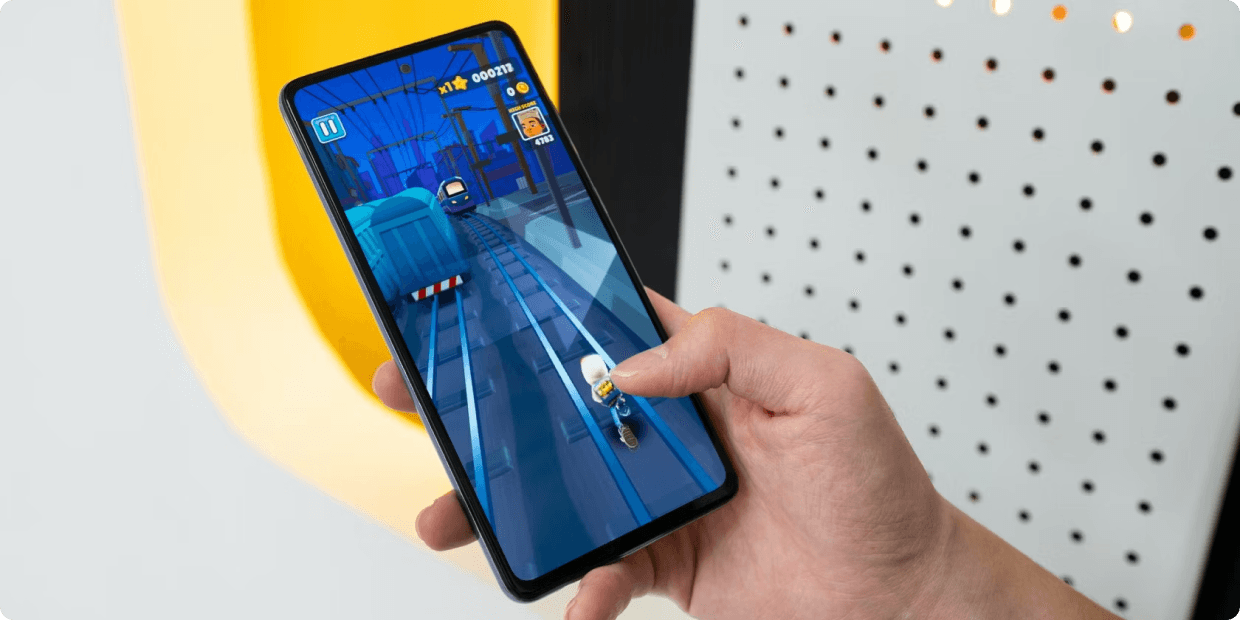
How to make your phone fast
3036 views
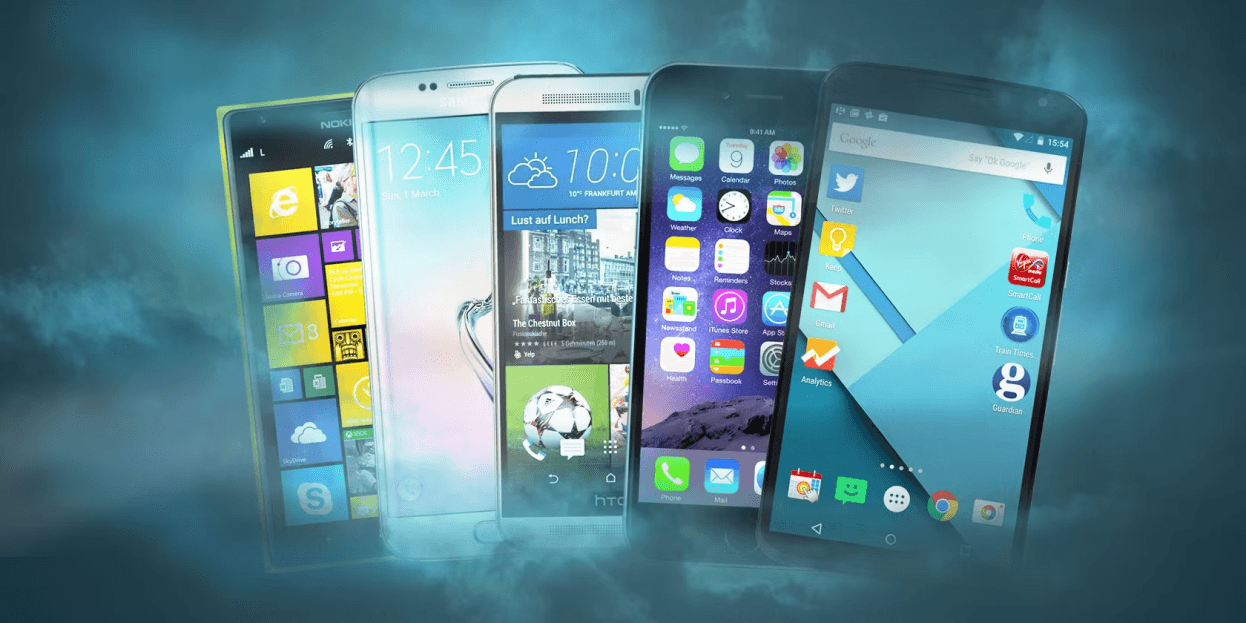
Common Myths About Refurbished Mobiles.
2979 views
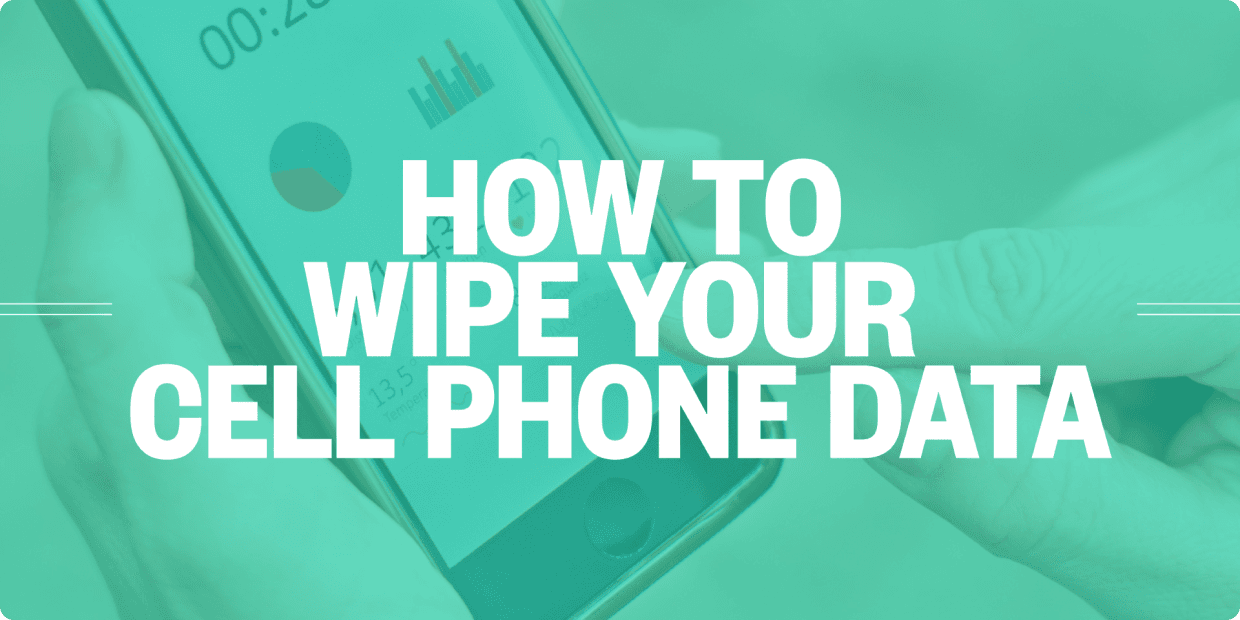
How to erase your data from your old phone before you sell it
2919 views

How to identify and avoid scams when buying or selling a used phone
2732 views

Maximise the resale value of your old device
2401 views
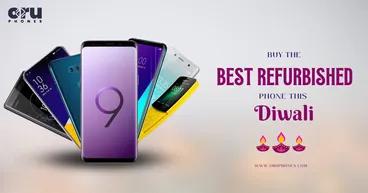
Buy the best-refurbished phones this Diwali
2246 views

Pros and Cons of Buying a Second Hand Phone
2218 views

Privacy Concerns in Mobile Apps: What You Need to Know
2143 views
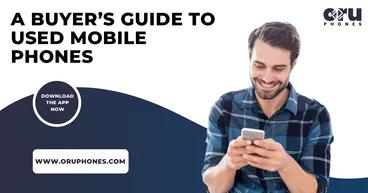
Buyer’s Guide to Used Mobile Phones
2102 views

How to Choose the Right Mobile Phone for Your Needs
2059 views

Securing Your Mobile Device Against Malware and Viruses
2048 views

Planning to Buy a Used Phone? Know the Pros and Consx
1951 views

How to choose the Best Refurbished Mobile Phone
1841 views
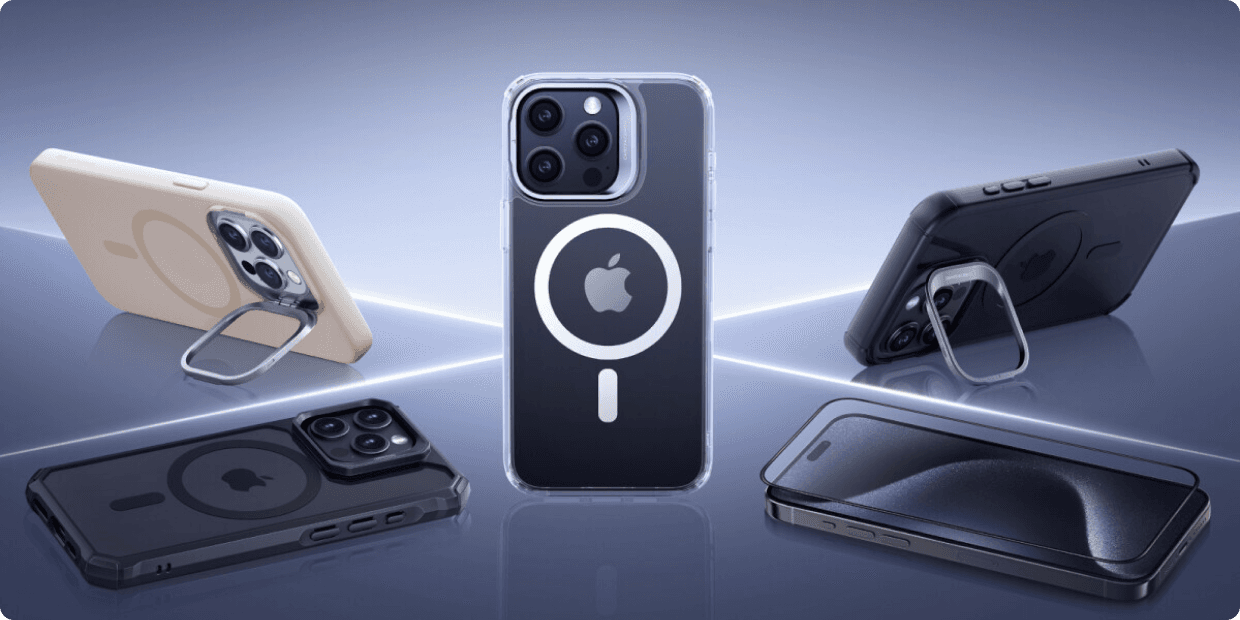
Choosing the Right Phone Case for Maximum Protection
1777 views

5G-Ready Phones: What You Need to Know Before You Upgrade?
1766 views

Comparing iOS and Android: Which Mobile Operating System Is Right for You
1760 views
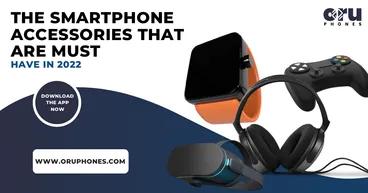
Top 5 must-have Smartphone Accessories
1727 views

Buy the Best Phones at Best prices during Online Sales
1718 views

Fake Iphone Check
1706 views
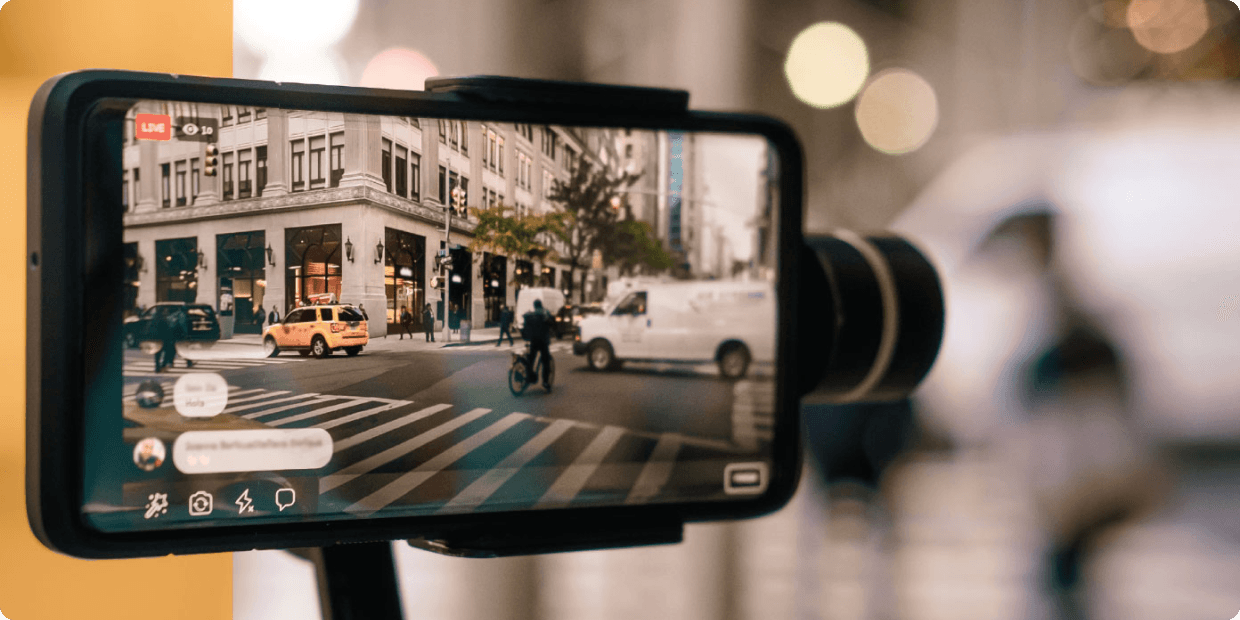
Mobile Phone Camera Lenses: Enhancing Your Photography Skills
1659 views
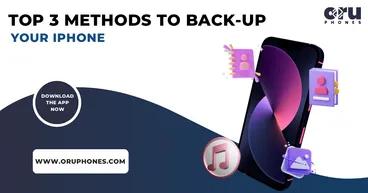
Top 3 Methods to Backup your Iphone
1619 views
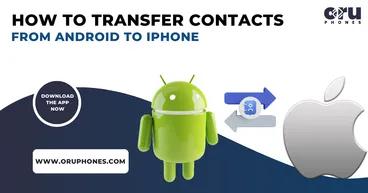
Transfer Contacts from Android to Iphone
1608 views

Advantages of buying a used phone
1557 views
No comments yet